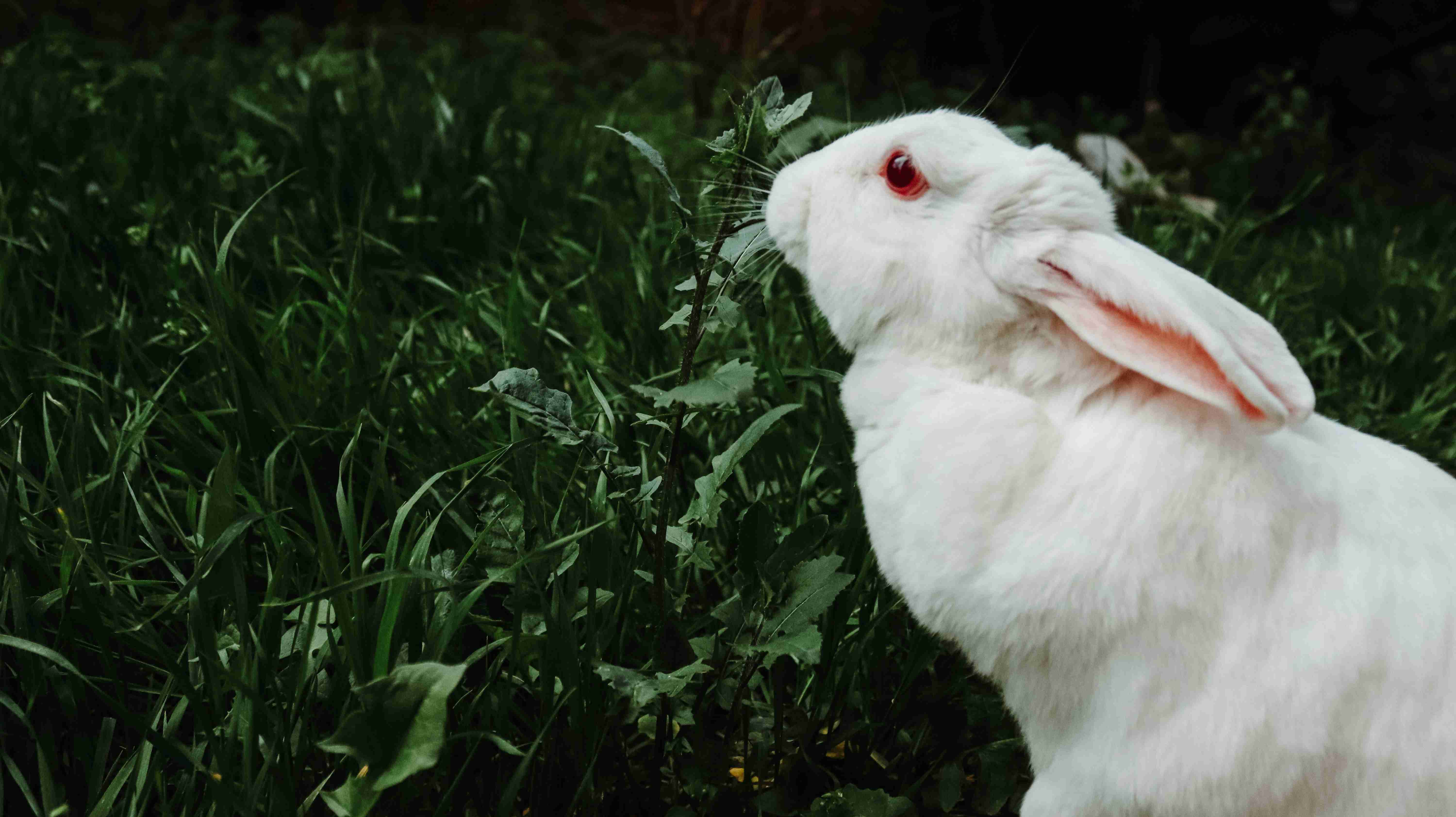Rabbits are adorable and popular pets, loved by many for their soft fur, playful nature, and cute little noses. However, just like any other animal, rabbits are prone to various health issues, including immune system disorders. While the immune system is responsible for protecting the body against harmful pathogens, it can sometimes malfunction and attack healthy cells, leading to a range of health problems. In this blog post, we will explore some of the common immune system disorders that affect rabbits, their causes, symptoms, and treatment options. Whether you are a rabbit owner or simply interested in learning more about animal health, this post will provide valuable insights into protecting your furry friends.
Rabbits are susceptible to various diseases, and their immune systems are not always capable of fighting these diseases effectively. This results in immune system disorders that can cause serious health problems for your pet. In this article, we will explore some common immune system disorders in rabbits, their causes, symptoms, and treatment options.
1. Pasteurellosis:
Pasteurellosis is a bacterial infection that is caused by Pasteurella multocida. This bacterium is commonly found in the respiratory tract of rabbits and can cause respiratory infections, abscesses, and septicemia. The symptoms of Pasteurellosis include sneezing, nasal discharge, fever, lethargy, and loss of appetite. Treatment options include antibiotics, supportive care, and surgery if abscesses are present.
2. Encephalitozoonosis:
Encephalitozoonosis is a parasitic infection caused by the protozoan Encephalitozoon cuniculi. This infection can cause neurological symptoms such as head tilt, seizures, and paralysis. Other symptoms may include weight loss, lethargy, and diarrhea. Treatment options include antiparasitic medications and supportive care.
3. Myxomatosis:

Myxomatosis is a viral disease that is spread by fleas and mosquitoes. This disease can cause swelling of the eyes, lips, and genitals, as well as respiratory and neurological symptoms. Unfortunately, there is no specific treatment for myxomatosis, and the disease is often fatal.
4. Rabbit Hemorrhagic Disease:
Rabbit Hemorrhagic Disease (RHD) is a highly contagious viral disease that can cause sudden death in rabbits. The symptoms of RHD include lethargy, loss of appetite, fever, and bleeding from the nose and mouth. There is no specific treatment for RHD, and prevention is the best option through vaccination.
5. Dermatophytosis:
Dermatophytosis, also known as ringworm, is a fungal infection that can affect the skin, hair, and nails of rabbits. The symptoms include circular lesions on the skin, hair loss, and itching. Treatment options include antifungal medications, topical ointments, and environmental cleaning.
Overall, immune system disorders in rabbits can be caused by various bacteria, viruses, parasites, and fungi. The symptoms of these disorders can range from mild to severe and can have a significant impact on the health of your rabbit. Early diagnosis and proper treatment are crucial for the effective management of these disorders. If you notice any unusual symptoms in your rabbit, seek the advice of a veterinarian immediately.
In conclusion, immune system disorders can be a serious issue for rabbits, but with proper care and attention, they can be managed and treated. As a rabbit owner, it’s important to be aware of the signs and symptoms of these disorders and seek veterinary care as soon as possible. With the right treatment plan and a little extra love, your furry friend can overcome these challenges and live a happy, healthy life. So, stay vigilant, stay informed, and enjoy the joy and companionship that your rabbit brings to your life.



.jpg)


